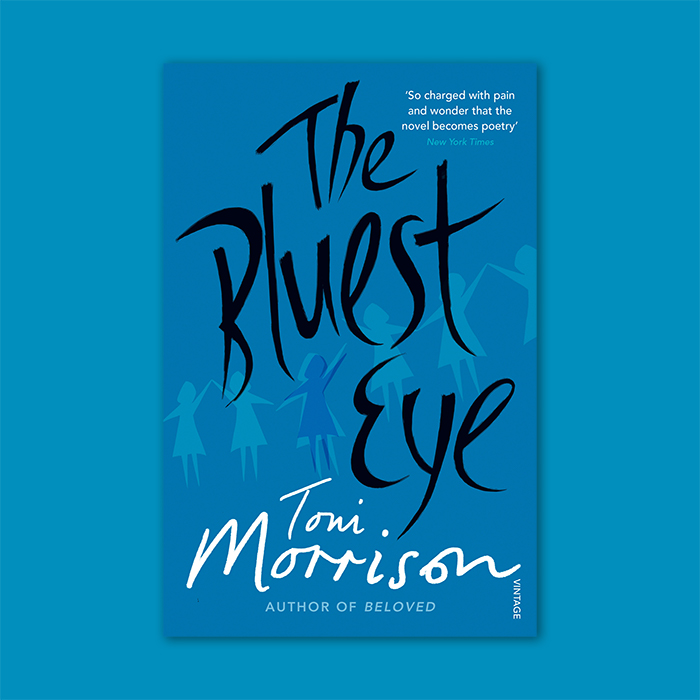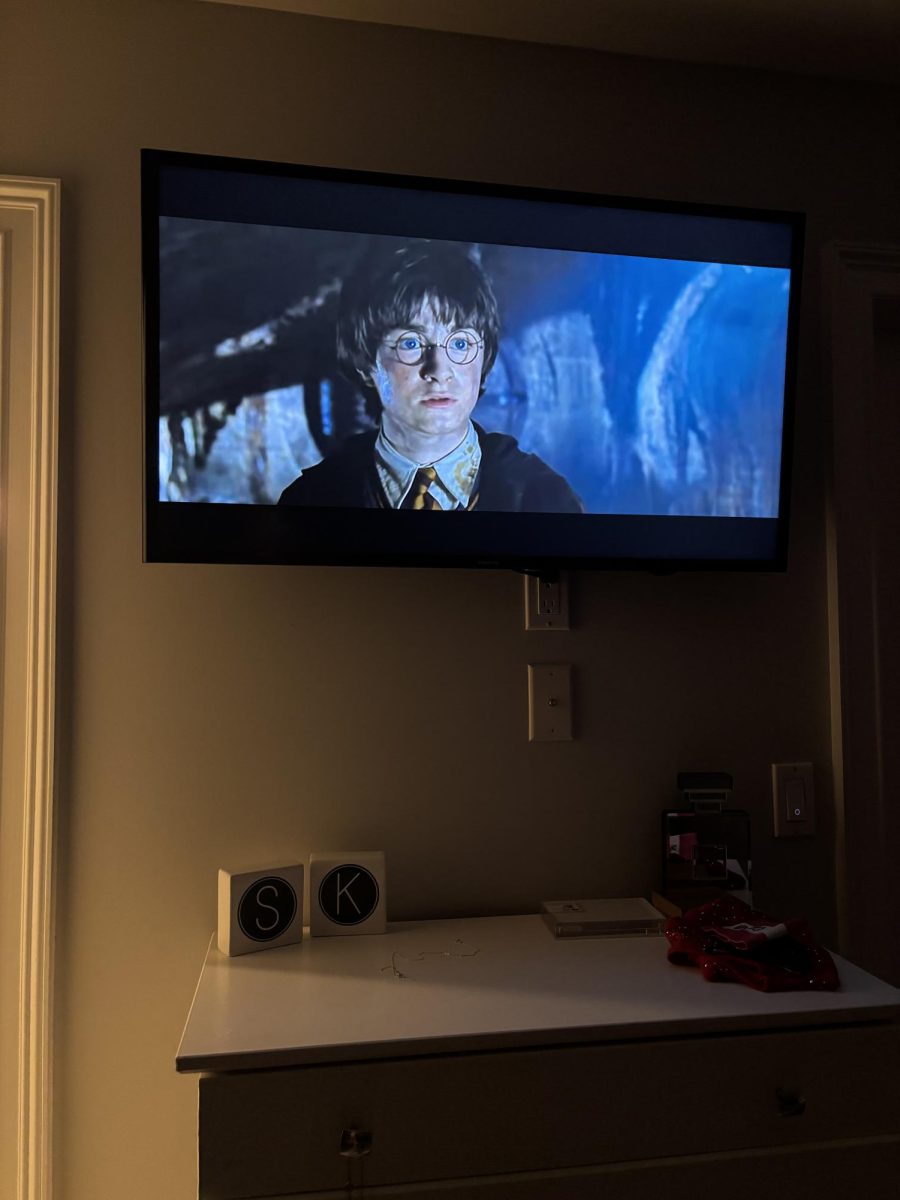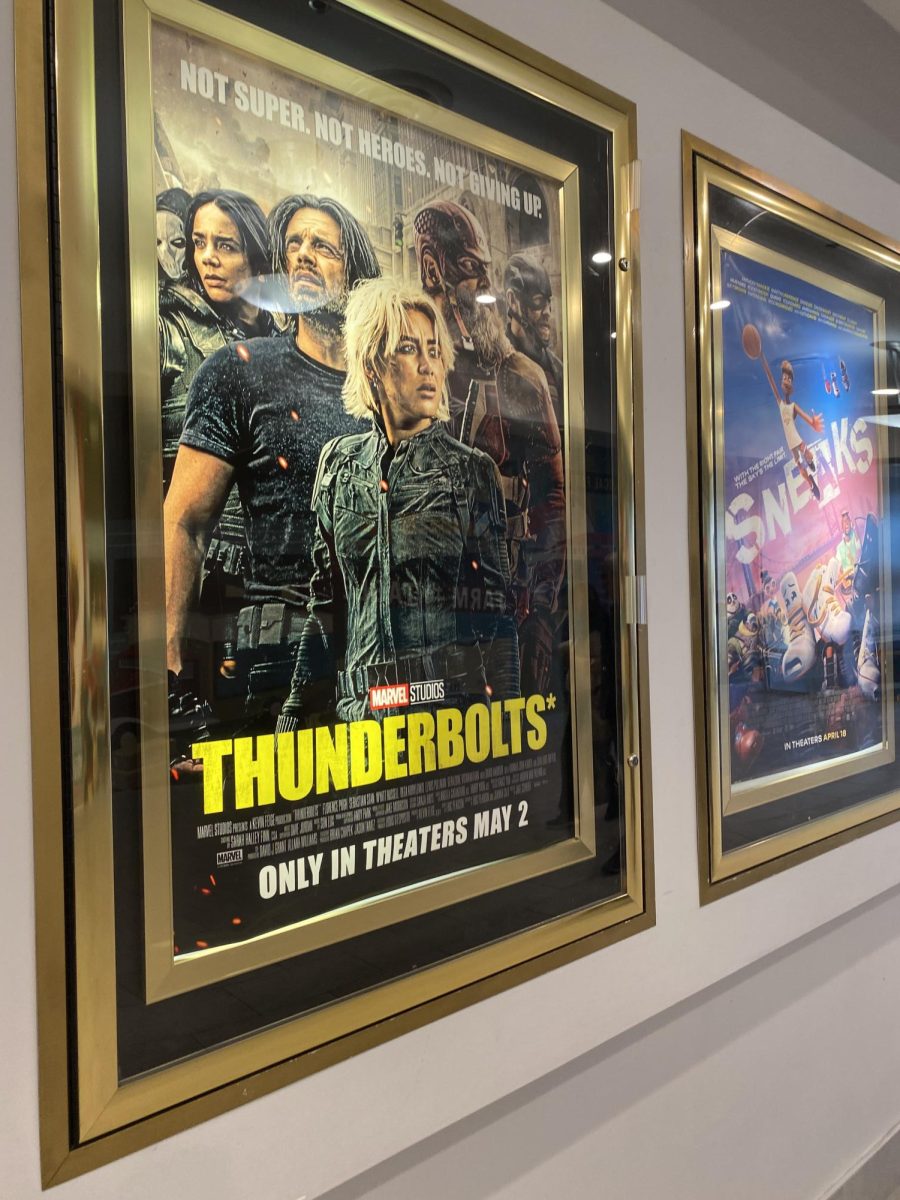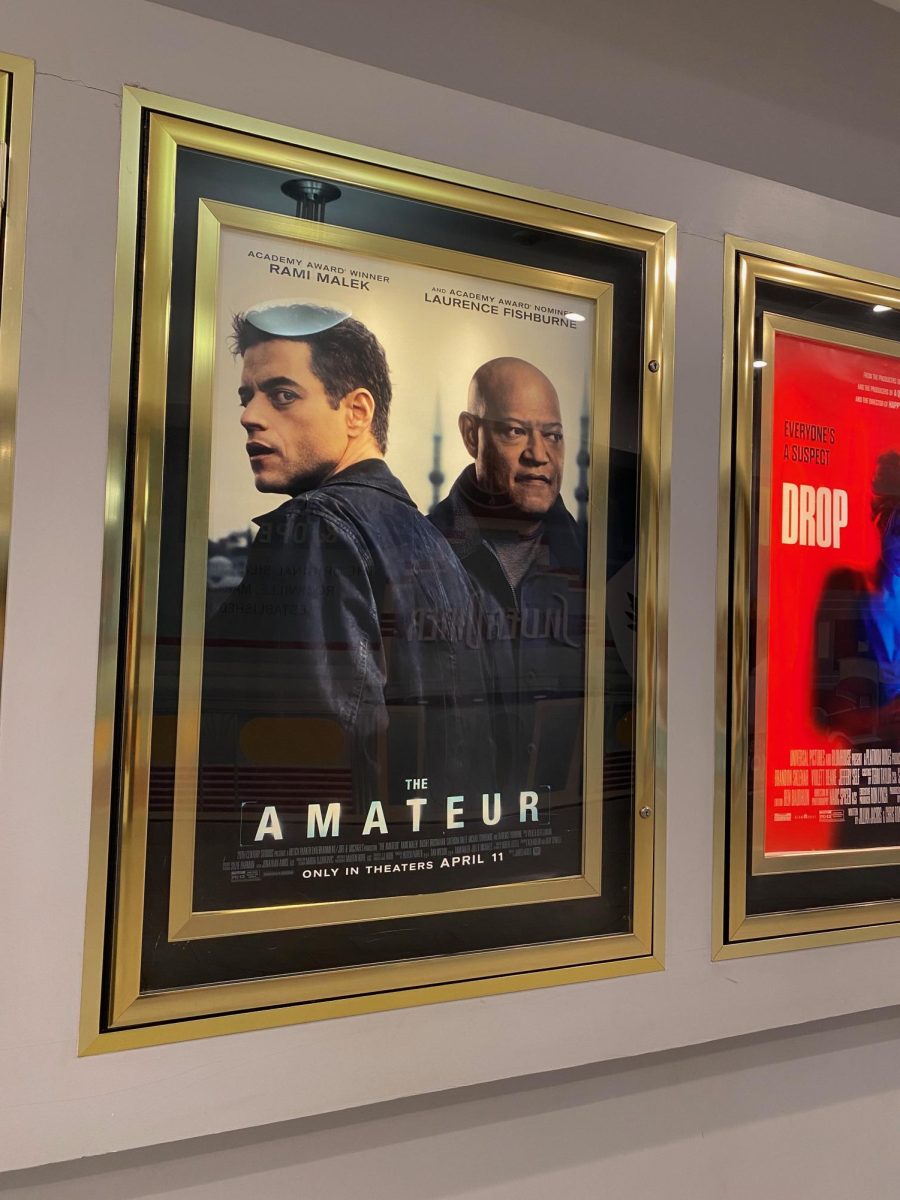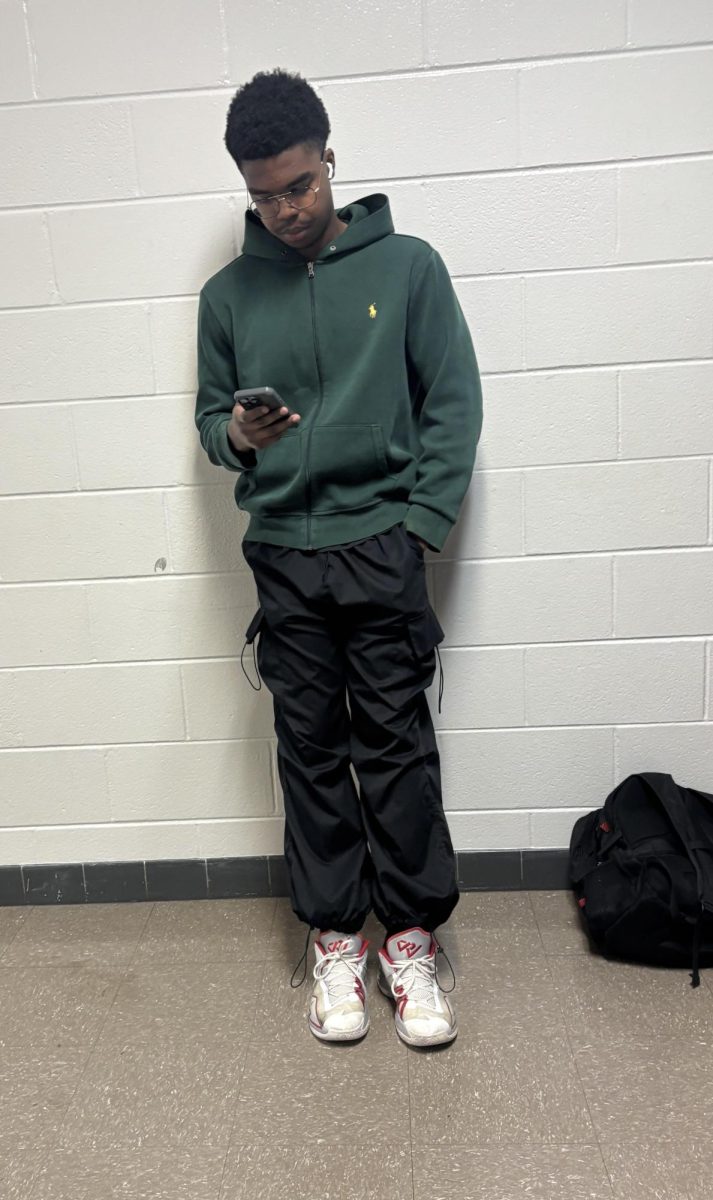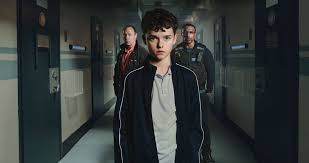From the elimination of DEIs to mass deportations, there is a prevalent problem of inequality toward people of color from the current government. The following banned books look back to acknowledge the racist behavior that is interwoven into modern day society.
The Bluest Eye – Toni Morrison: This novel powerfully explores the devastating impact of racism on a young African American girl and her family, focusing particularly on internalized beauty standards and self-hatred.
Taking place after the Great Depression, the book follows the girl, Pecola, and her tragic story as she internalizes the societal norms that she is ugly and unlovable because of her race, leading to a breakdown of her sanity and a longing to be blonde and blue-eyed with lighter skin. The “bluest eye” itself symbolizes Pecola’s yearning for beauty and happiness, which she associates with whiteness, and ultimately, her own blindness and loss of self as she goes mad. Profound and beautifully gut-wrenching, Morrison highlights the dangers, especially for young girls, of racism and a discriminatory American society that are capable of devaluing a person’s looks, culture and very existence.
The Bluest Eye is currently banned in various U.S. school districts due to its inclusion of “sensitive” themes, such as racism and sexual abuse. These, along with what some believe is “an underlying socialist-communist agenda,” have led to the book being deemed as “too inappropriate” for young readers, according to PBS.
If Beale Street Could Talk – James Baldwin: This book serves as a harsh critique of institutionalized racism in the U.S., the effects of racism on the criminal justice system and gendered racial violence.
When the life of a young African American woman, Tish, is torn apart after her lover, Fonny, is wrongly accused of a crime, what follows is a tale of hope and heartbreak, of family, of friendship, of love, of tragedy, of injustice, and above all, of the role that race plays in incarceration and the American prison system. Baldwin emphasizes throughout the book that for Fonny, the color of his skin was enough to convict him and declare him as a criminal, and even though this novel is set in Harlem in the 1970s, it unfortunately is still relevant today. If Beale Street Could Talk is short yet moving, painful and so vividly human.
If Beale Street Could Talk is currently banned in various U.S. school districts and certain U.S. prisons due to its sharp criticism of the criminal justice system, as well as its inclusion of racism and sexual content.
Red at the Bone – Jacqueline Woodson: This coming-of-age story follows two African American families from drastically different social classes whose lives intertwine after their respective children conceive a child in their teens. The story unfolds through interwoven narratives and the perspectives of various characters, taking the reader through a flashback of three generations worth of trauma in order to explore the impact of race and class on upbringing, the connections across generational lines, how the past persists through time, the complexities of family relationships and motherhood.
With a poetic and lyrical writing style, Woodson allows the reader to connect deeply with the characters’ emotions and experiences. The book is full of heart, hurt, history and a love that resonates from the first page to the very last sentence of the novel.
Red at the Bone is currently banned in various U.S. school districts due to its inclusion of profanity, violence, drug or alcohol use by minors and themes of generational trauma.


